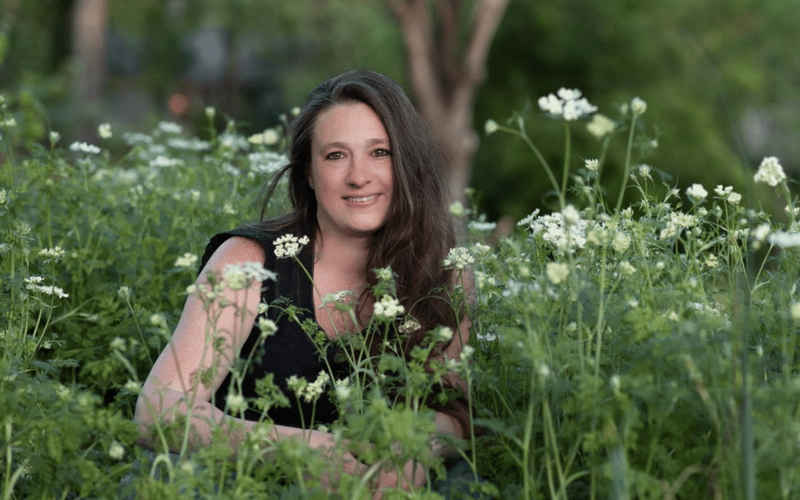Cognitive overload is a drain on your mental battery
- Holly Whalen
- Aug 4, 2025
- 2 min read
Updated: Aug 8, 2025

You walk into a room and instantly feel it: the weight. The dishes in the sink. The paper piles. The half-finished projects. Your eyes scan everything, but it’s not just your vision that’s overwhelmed — it’s your nervous system.
This isn’t laziness. This is cognitive chaos.
Your brain is wired to protect you, to prioritize safety. And when every surface screams “unfinished,” your biology responds. Cortisol spikes. Focus fractures. Shame creeps in. That’s not just a vibe — it’s neuroscience. Clutter tells your brain: “You’re behind. You’re failing. You’re not safe.”
Let’s be clear: you are not broken. You are overloaded. And overload is curable.
Cognitive overload shows up when everything in your environment competes for your attention. Your prefrontal cortex can’t process it all, so it crashes, like too many apps draining your mental battery. Add in decision fatigue, where every pile becomes a question you don’t have the capacity to answer, and it’s no wonder scrolling your phone feels easier than facing a drawer.
But the costs go deeper.
A cluttered space activates your stress response. UCLA researchers found that women in cluttered homes had significantly higher cortisol levels. And chronic stress? It compromises sleep, immune function, and emotional regulation. In other words, clutter isn’t just annoying — it’s cellular sabotage.
Then there’s the emotional weight.
Clutter carries stories of who you used to be, what you haven’t grieved, and where you feel stuck. It’s grief-coded. Trauma-coded. Shame-coded. That treadmill you never use? It’s not just in the way — it’s holding your hopes, your failures, your past self hostage.
Decluttering, then, isn’t about being “neat.” It’s about being free.
It’s about reclaiming space as a nervous system intervention. About looking at your stuff and asking: Does this reflect the version of me that’s rising — or the one I’ve outgrown?
Start small. Pick one surface, one drawer, one corner. Create what we call a “clarity zone” — a space where your body can exhale, your mind can rest, and your spirit can speak.
Try this:
Clear your nightstand. Make it sacred. Lamp, water, book — nothing more.
Light a candle before you begin. Let your body know: this isn’t punishment. It’s care.
Hold an object and ask: “What story are you holding for me?” Then, “Is it time to let you go?”
This is not just organizing. This is sacred rebellion.
You don’t have to do it all. You just have to begin.
Because clutter is not the problem. It’s the portal. To healing. To clarity. To coming home to yourself.
So breathe deep, rebel soul.
Clear the clutter.
Reclaim your space.
Reclaim your self.




Comments